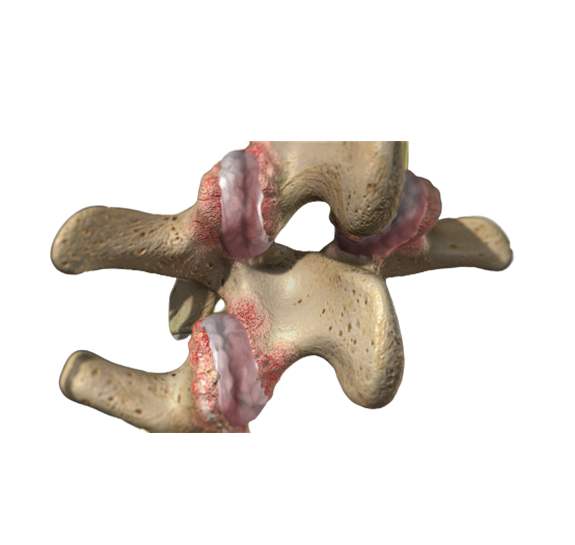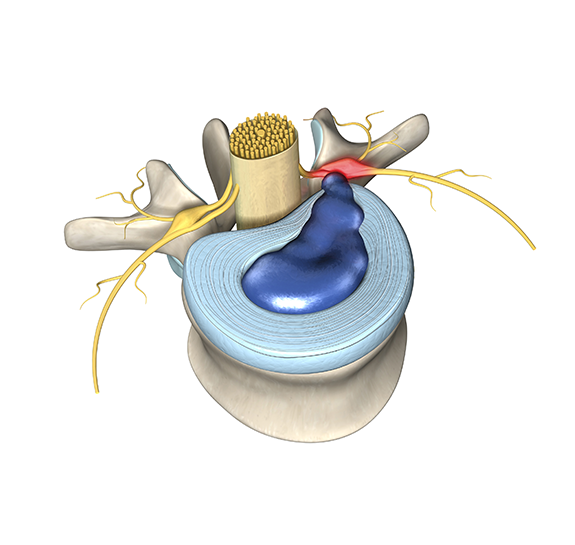Misuse of Epidural Steroid Injections
Misuse of Epidural Steroid Injections https://phoenixspineandjoint.com/wp-content/themes/psjoints/images/empty/thumbnail.jpg 150 150 Phoenix Spine & Joint Phoenix Spine & Joint https://phoenixspineandjoint.com/wp-content/themes/psjoints/images/empty/thumbnail.jpg
Do you suffer from osteoarthritis or spinal stenosis and have received epidural steroid injections to help relieve the joint pain caused by these conditions? If so, it is time for you to stop.
I have always been skeptical of the use of injections like these to “treat” joint pain in the back for a multitude of reasons. My suspicions were confirmed after a study involving 400 patients found no benefit or permanent relief in the use of epidural steroid injections to treat spinal stenosis. Not to mention there are a multitude of life-threatening side effects and back pain clinics are not informing their patients of the inherent risks including paralysis.
I have seen abuse of these injections first hand and look to educate patients of when it is necessary to have epidural injections. At Phoenix Spine Surgery Center, we perform epidural injections today almost exclusively for diagnostic purposes. On the rare occasions, I do a block for therapeutic purposes, I explain to the patient that we are after temporary pain relief to allow more time for self-healing.
A recent undercover feature on these injections, their improper use, and their health risks were featured recently on the television show, Dr. Oz. While this cannot be considered an endorsement of the sensationalism often taking place on that show or anything else that occurs in this episode, they did get this segment right. The catastrophic misuse of epidural injections is alarming. It’s important to note that this is becoming more and more widespread and its potential for harm is significant.
Over the years, the medical society has come to think of epidural injections as a treatment, and it is not. They are referred as a block and not a cure for a reason; epidurals are used solely for temporary relief of pain.
If you are suffering from joint pain in your spine, you can schedule an appointment with Phoenix Spine Surgery Center today for a more permanent cure to your pain.

- Posted In:
- Epidural Injection






